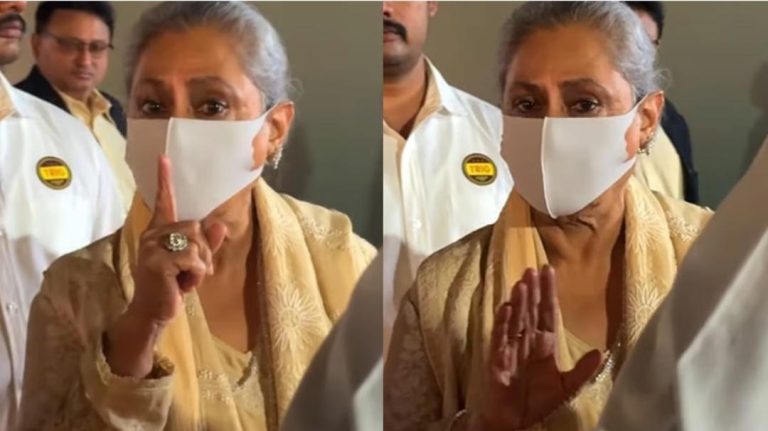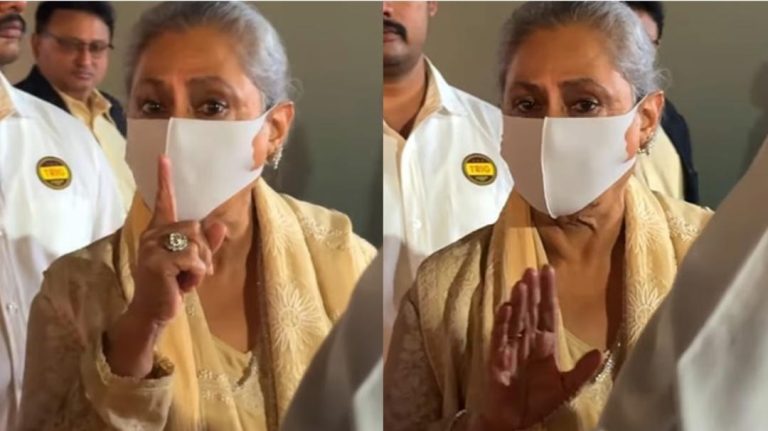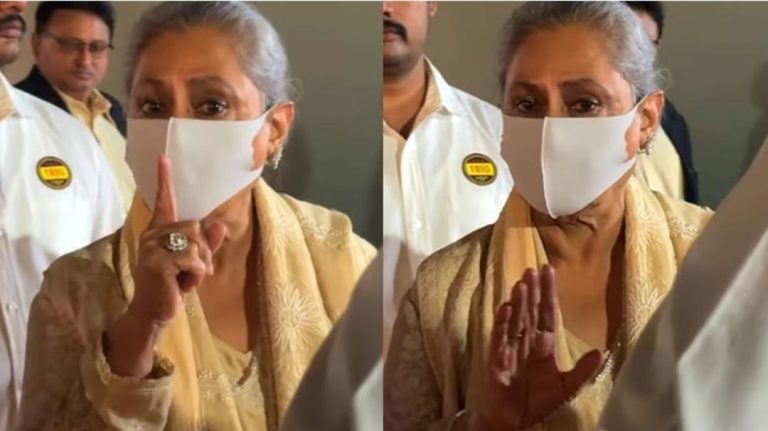
CBFC Cuts Words Like ‘Pradhan Mantri’ & ‘Chaiwala’ from Murderbaad
In a bizarre move, the Central Board of Film Certification (CBFC) has instructed the makers of the upcoming film ‘Murderbaad’ to edit out words such as ‘pradhan mantri’ and ‘chaiwala’ from a dialogue in the movie. The film, directed by Arnab Chatterjee, has been granted an ‘A’ certificate by the CBFC, but not before the board deemed it necessary to censor certain words.
The controversy surrounding the film’s dialogue has sparked debate about the CBFC’s role in regulating the content of Indian films. While some argue that the board’s actions are necessary to maintain social harmony and avoid potential controversy, others see it as an overreach of authority and a threat to artistic freedom.
According to reports, the dialogue in question is a humorous exchange between two characters in the film, in which one of them uses the phrase ‘pradhan mantri’ (meaning ‘prime minister’) to describe someone who is in a position of authority. The other character responds by saying that they are not a ‘chaiwala’ (tea vendor), implying that they are not a lowly worker.
Director Arnab Chatterjee has defended the dialogue, saying that it was meant to be a benign joke and not a political statement. “It was absolutely benign joke, rather aspirational for lower-middle class of our country, and far away from any political stance,” he said in an interview.
Chatterjee added that the CBFC’s decision to censor the words was unexpected and left him and his team feeling perplexed. “We were surprised and a bit perplexed when we received the letter from the CBFC asking us to edit out those words. We thought it was a harmless joke and didn’t understand why it needed to be censored,” he said.
The CBFC’s decision to censor the words has sparked controversy on social media, with many users expressing their outrage and disappointment at the board’s actions. Some have argued that the board is overstepping its authority and stifling artistic expression, while others have defended the decision, saying that it is necessary to maintain social harmony and avoid potential controversy.
The debate surrounding the CBFC’s decision highlights the complex issues surrounding film censorship in India. While the board’s role is to ensure that films are suitable for public consumption and do not promote violence, obscenity, or anti-social behavior, some argue that its actions often go beyond what is necessary and can stifle creativity and artistic expression.
In recent years, the CBFC has faced criticism for its handling of films that deal with sensitive topics such as politics, religion, and social issues. The board has been accused of being overly sensitive and of exerting too much control over the content of films, often to the detriment of the filmmakers and the audience.
The controversy surrounding ‘Murderbaad’ is just the latest example of the CBFC’s strict approach to film censorship. In recent years, the board has cut scenes and dialogues from films such as ‘Udta Punjab’, ‘Lipstick Under My Burkha’, and ‘Aligarh’, citing concerns about their impact on society and the potential for controversy.
While the CBFC’s actions may be intended to protect the public and maintain social harmony, they can also have unintended consequences. By censoring certain words or scenes, the board may inadvertently create controversy and attract attention to the film, rather than reducing its impact.
In the case of ‘Murderbaad’, the CBFC’s decision to censor the words ‘pradhan mantri’ and ‘chaiwala’ may have actually drawn more attention to the film and sparked debate about the board’s role in regulating film content.
Ultimately, the decision whether to censor certain words or scenes is a complex one that requires careful consideration of the potential impact on the public and the artistic merit of the film. While the CBFC’s role is to ensure that films are suitable for public consumption, it is also important for the board to strike a balance between regulation and artistic freedom.
As the controversy surrounding ‘Murderbaad’ continues to unfold, it is clear that the debate about film censorship in India will continue to be a contentious and complex issue. While some argue that the CBFC’s actions are necessary to maintain social harmony, others see them as an overreach of authority and a threat to artistic freedom.
Sources:



